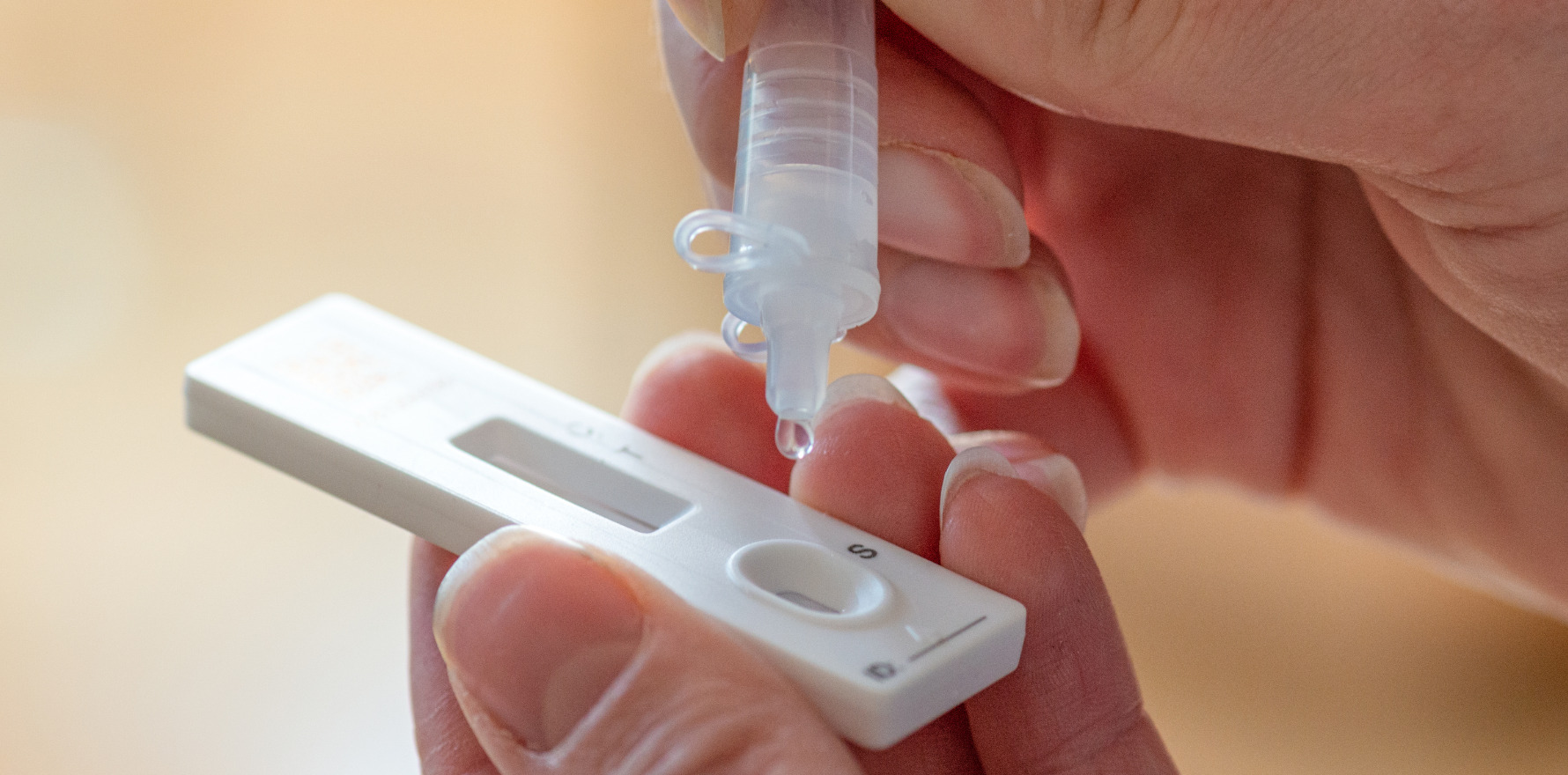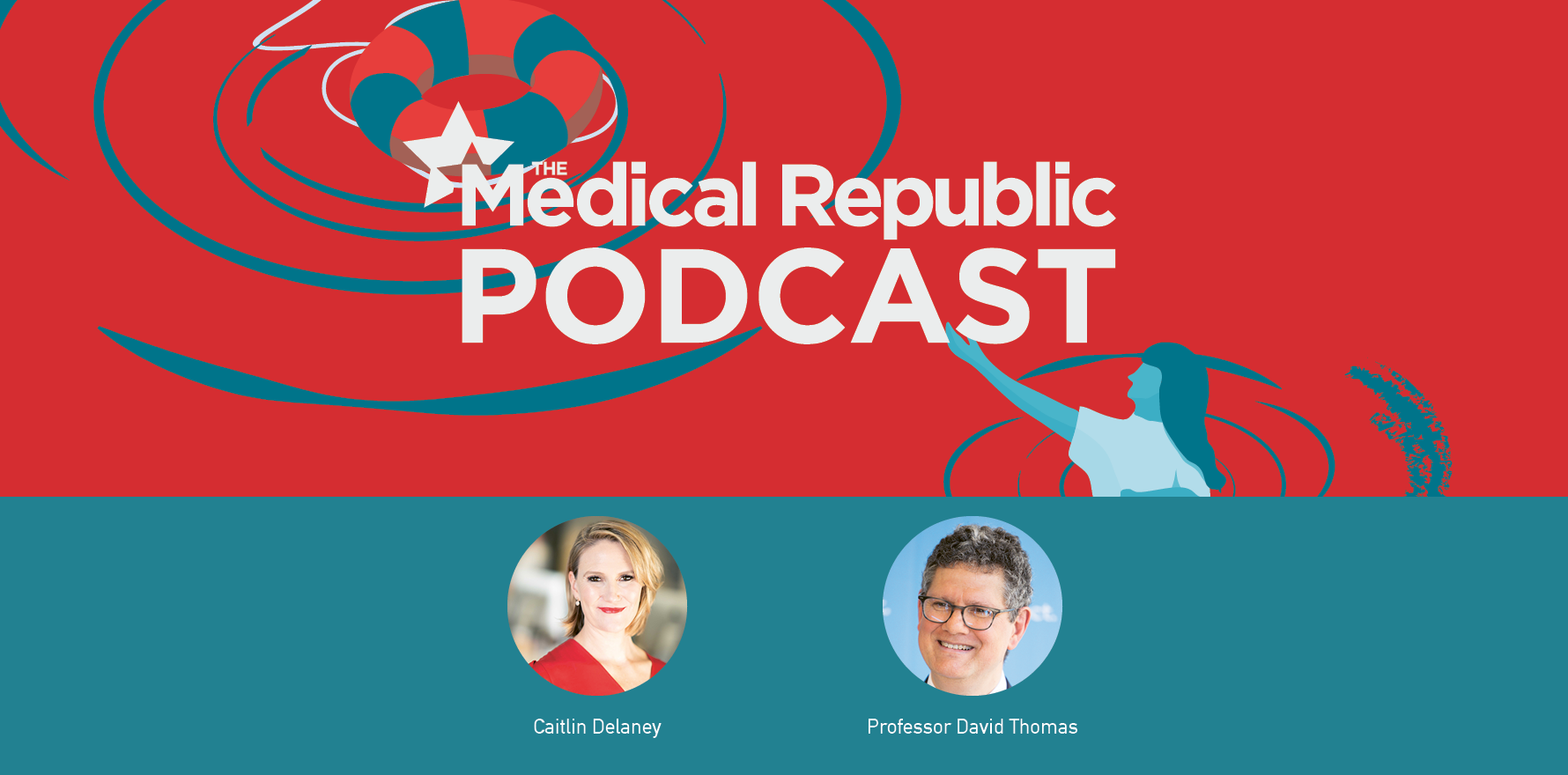Australians have been waiting a long time to access personalised medicine. This centre makes a start and other models are being considered.
Precision medicine is a step closer to becoming part of what the Federal Government says will be “routine” public healthcare.
“Clinicians and patients will be converging from across the country at this hub to access this precision care and incorporate it into their treatment plans,” said NSW Minister for Health Ryan Park.
The Precision Care Clinic at the Prince of Wales Hospital in Sydney’s eastern suburbs will use individual molecular and genetic data and the latest research to personalise cancer management plan recommendations, including targeted therapies, clinical trials and risk management for people with complex cancers.
Patients can be referred by their oncologist to have their case discussed by the centre’s molecular multidisciplinary team and for consultation, in person or remotely, where needed.
“Our patients will now be able to access their precision cancer information, advice and care all in the one place, without having to navigate their way through multiple clinics and specialists,” said Professor Boon Chua, director of Cancer and Haematology Services at Prince of Wales Hospital.
“The public clinic will provide formal processes that enable specialists in oncology and genetics to make evidence-informed decisions together with the aim of improving patient experiences and health outcomes.”
A South Eastern Sydney Local Health District spokesperson told The Medical Republic, “The Precision Care Clinic will work in consultation with a patient’s oncology medical practitioner to provide expert advice on complex genomic information and clinical therapeutic or family genetic consulting opportunities for care plans. On this basis, the clinic expects to receive 20-30 referrals per month for multidisciplinary review and consultation, and up to five face-to-face or telehealth consultations with patients where required.”
Precision medicine, also called personalised medicine, has been the shining new hope in cancer care for some time. It allows for very targeted treatment. This not only increases survival, but also avoids additional toxicity from unnecessary treatment, which can be very burdensome.
But many Australians have not had access to the benefits yet because of the lack of public funding.
The clinic is part of a five-year Federal Government plan to deliver several precision care clinics across the country, through a $5.8 million grant from the Medical Research Future Fund Rapid Applied Research Translation scheme.
“Realistically, I think most patients who have cancer will want this type of testing. I certainly would want it. I’d want it for my family. We need to be considering, what if every patient wants this? How do we support that model of care? How do we get our general oncologists to feel confident ordering these sort of tests?” said Dr Kortnye Smith, a medical oncologist and researcher at Peter MacCallum Cancer Centre and Eastern Health
One of the difficulties faced by oncologists trying to arrange genetic testing and arrange personalised medicine for their patients was the lack of structure and streamlining around the process, something this centre would help to provide.
Dr Smith and her colleagues are also testing other sorts of models for providing access to this sort of care. One is a centralised tele-health model run from a main centre. Another involves “super users”, such as a local oncologist who’s received specialised education, attends weekly molecular tumour board meetings, and is responsible for working through the genomics requests in their particular hospitals. The third is the standard of care, like the centre that’s newly opened.
The models will be tested across various regional and metropolitan sites around the state of Victoria as part of The Melbourne Genomics Cancer Statewide project, which is gathering evidence from patients and oncologists about how they want to be supported accessing and utilising their genetic information.
“What I think we’re going to find is different sites need different things. No site runs the same way,” said Dr Smith.
Related
One model can be preferred over another for various reasons, said Dr Smith.
“There will be patients who see a significant benefit in going to see another team who are experts in this area, but some patients want an interpretation from somebody that they trust and that they’ve been going through for a long time,” she said.
“There are also some advantages to having local knowledge on the ground. If you get a recommendation from a team in NSW and you’re in Tasmania, knowing what’s actually available and can be delivered at that site can be really useful.
“And then, there’s a lot of a lot of desire for clinicians to know more themselves. And also, when we look at the fact that it’ll be the home clinician that’s delivering that care in most situations, I think they want more knowledge rather than less knowledge.”
Covid had made everyone much more comfortable working with technology, Dr Smith noted, making hybrid delivery of service a palatable option.
“And I think as we move to additional technologies, like circulating tumour DNA in blood, that will also provide the ability to get those sorts of samples from a regional pathology lab, rather than get tissue samples, which can sometimes be a bit more tricky,” she said.





